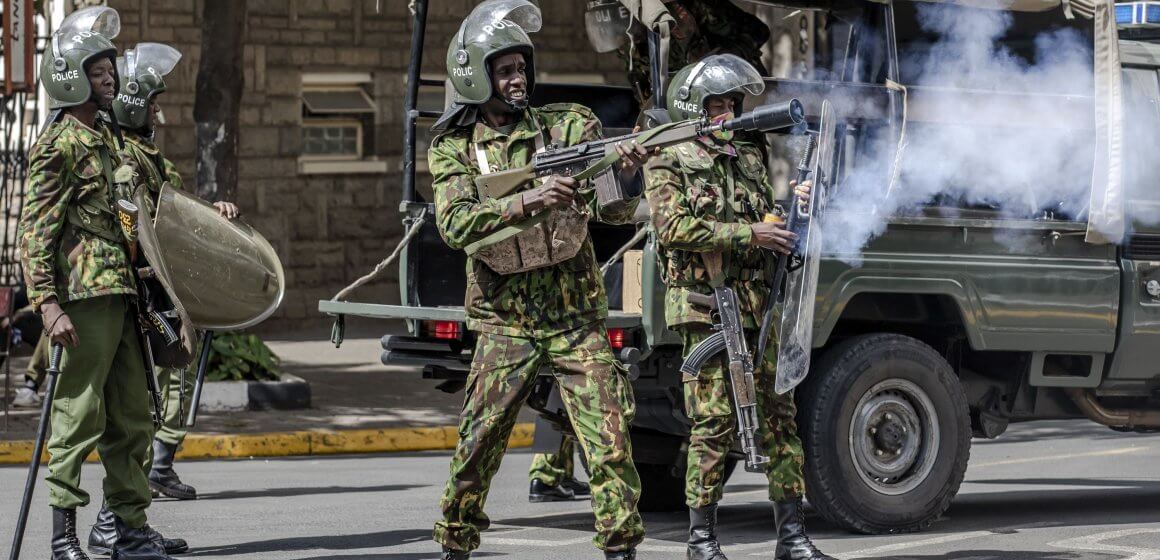|
LISTEN TO THIS THE AFRICANA VOICE ARTICLE NOW
Getting your Trinity Audio player ready...
|
Kenya High Court Extends Block on Police Deployment to Haiti
In a setback for the United Nations and the Haitian government, Kenya’s High Court Tuesday extended an order blocking the deployment of Kenyan police officers to Haiti. The mission, which was due to start this month, had been approved by the UN Security Council in an effort to quell the rampant gang violence that has gripped the Caribbean nation.
The ruling came a day after the UN warned that security in Haiti has “collapsed,” with major crimes hitting record highs. Violent gangs now control large swathes of the country, and the government has been unable to bring the situation under control.
Kenya had offered to lead the multinational force to Haiti, pledging to deploy 1,000 of its police officers. But opposition politician Ekuru Aukot challenged the deployment in court, arguing that it is unconstitutional. The court granted an interim injunction earlier this month, and has now extended it until November 9.
Aukot argues that the Kenyan constitution does not envisage the deployment of police officers outside of the country. He has also accused the government of contempt of court for approving the deployment despite the court order.
The Kenyan parliament needs to give formal consent to the mission before the deployment can start. However, a legal team representing parliament has said that MPs cannot debate the issue until the court order is lifted.
Moroccan Earthquake Victims Protest Delayed Aid
Hundreds of residents of the Moroccan town of Amizmiz protested against local authorities Tuesday, weeks after a deadly earthquake destroyed their homes.
Amizmiz, located south of Marrakesh, was one of the hardest-hit towns by the 8 September earthquake, which killed nearly 3,000 people and left thousands more injured and homeless.
The protesters accused local authorities of delaying aid and neglecting them, despite promises of financial assistance and new tents.
They said that conditions in the tented camps where they were placed after the earthquake were deteriorating, with heavy rains, winds, and dropping temperatures as winter approaches.
The protest went ahead despite the withdrawal of the Amizmiz Earthquake Victims’ Coordination group, which had organized the protest after local authorities promised to address their concerns.
Morocco’s King Mohammed VI last month announced a $11.6 billion plan to rebuild the regions impacted by the earthquake and support the more than 4.2 million affected people.
The plan includes a pledge to grant reconstruction aid to each household with a collapsed or partially damaged home.
The government also started disbursing monthly assistance to each affected household as part of a year-long cash relief program.
However, Morocco’s government has faced criticism from some citizens for turning down some offers of international aid in the aftermath of the earthquake.
Activist Maati Mounjib told the press that he believed it was a mistake to refuse aid, as it was essential in disaster situations.
The protests in Amizmiz highlight the challenges that Morocco faces in rebuilding after the earthquake and ensuring that the needs of all affected people are met.






























LEAVE A COMMENT
You must be logged in to post a comment.